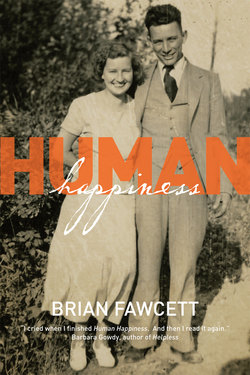Читать книгу Human Happiness - Brian Fawcett - Страница 7
На сайте Литреса книга снята с продажи.
ОглавлениеHAPPINESS is most often defined as a state of mind similar to, but more encompassing than, contentment, satisfaction, pleasure, or joy: what you are to yourself rather than what you feel at any given moment or are seen to be by others.
In the distant past happiness was associated with the Greek word “Eudamonia”: living a good life, which is to say, without being under threat from barbarians (however one defines them) or the gods.
Happiness is central to Buddhist thinking, which focuses on gaining freedom from suffering by following an Eightfold Path aimed ultimately at overcoming desire. In the last half of the twentieth century both happiness and desire became more closely linked with shopping, and in the twenty-first it has become a consumer commodity in and of itself, usually linked to disposable income and Oprah Winfrey–level therapy or, in some cultures, with detonating bandoliers of C5 explosives amongst the infidels so you can go to a heaven filled with voluptuous virgins.
My findings are that human life is morally and physically a mess and that the future is utterly unpredictable. Thus, true happiness lies in the ability to live with ambiguity, and the road to happiness runs along those paths through the dark wood that aren’t blocked by the paralyzing blindness of ambivalence, or slicked to individual and collective idiocy by simplifications that can’t bear the sunlight.
